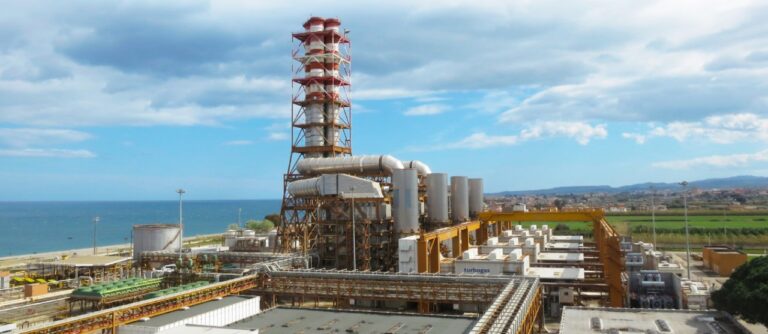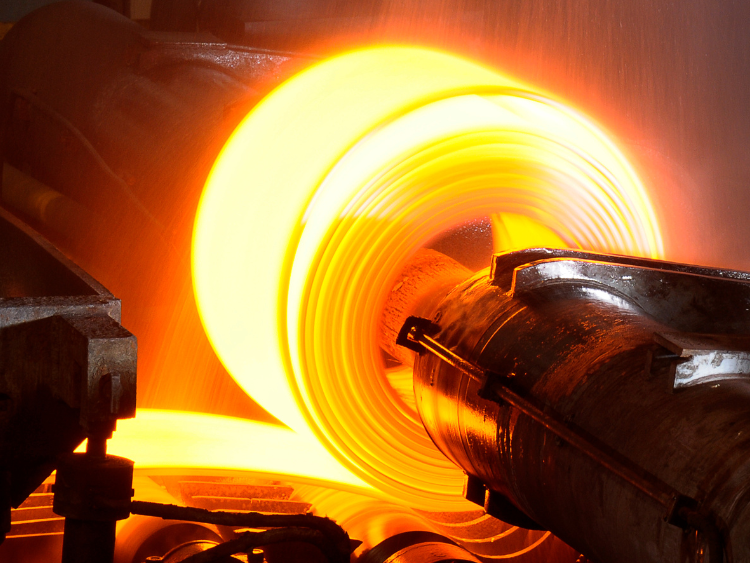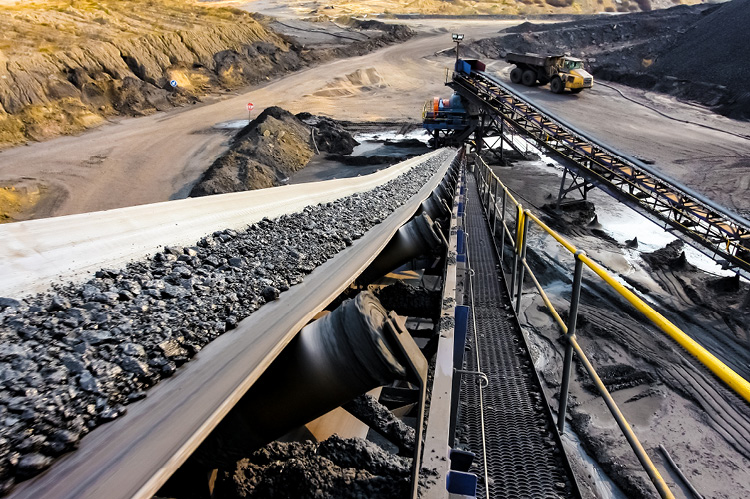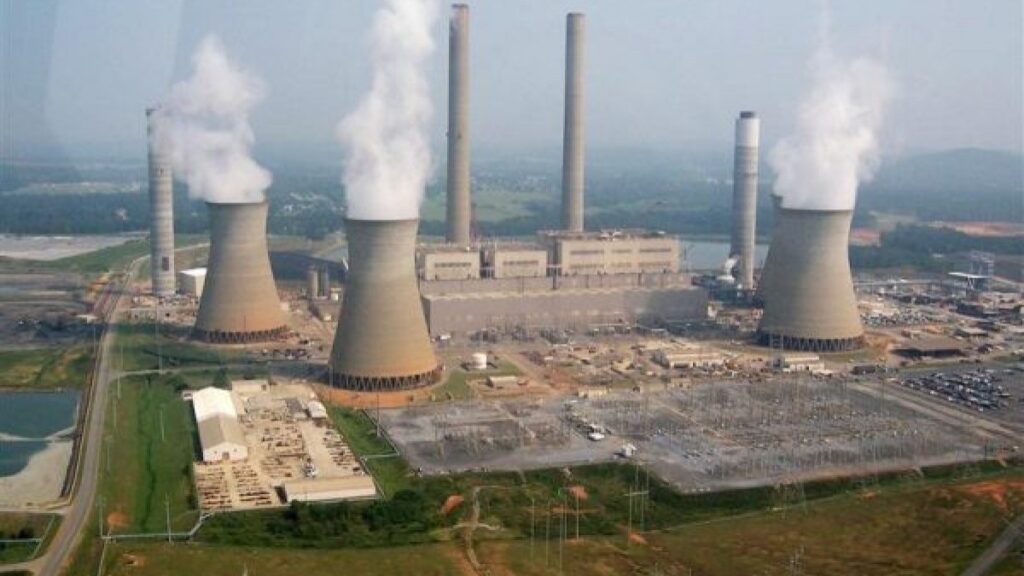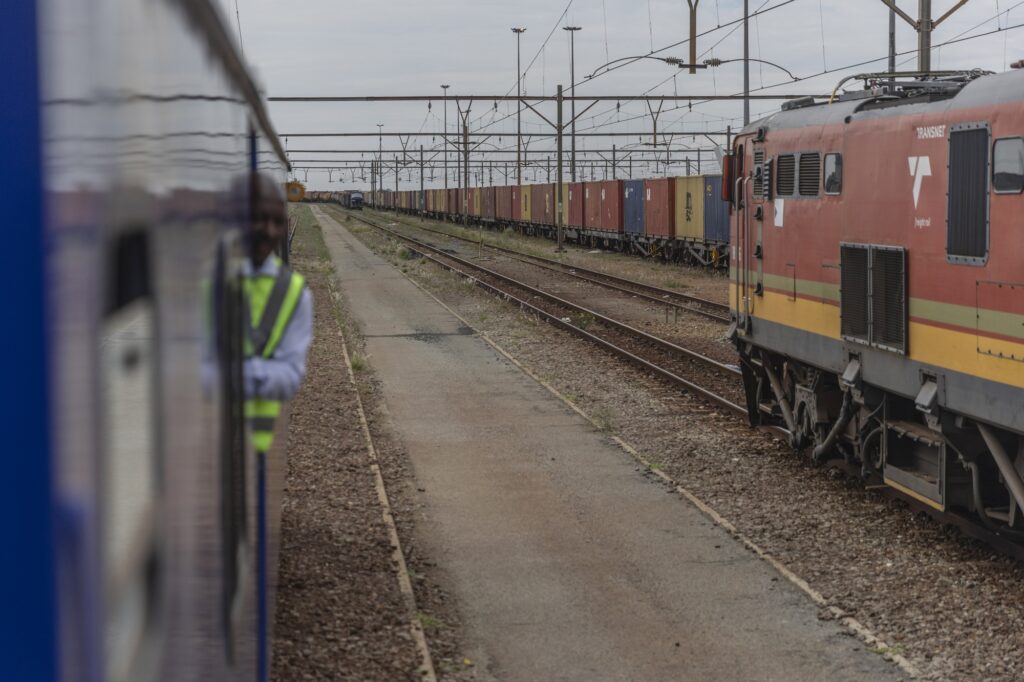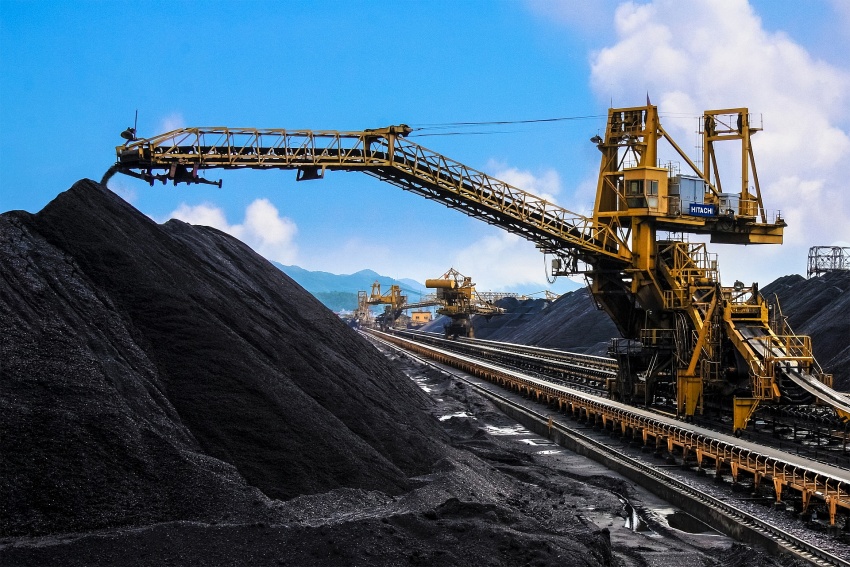South Africa’s government and the business community set a target of boosting the economic growth rate by as much as six percentage points by fixing the country’s collapsing ports and freight-rail network.
They predict that cracking down on crime and corruption may save as much as 300 billion rand ($16 billion) a year, according to a slide presentation from a meeting held earlier this month, which were seen by Bloomberg and confirmed by business representatives. South Africa’s National Treasury has forecast gross domestic product will grow 1% next year.
South Africa’s biggest companies and the government have set up joint panels as part of a drive by its biggest companies to work with the state to resolve a host of issues holding back the economy. Those range from power cuts and the poor performance of the rail network, to increasing crime and an inefficient work-visa application process.
Coal shipments on South Africa’s freight-rail network have plunged to 30-year lows and iron-ore railings are at their lowest in a decade, prompting companies including Glencore Plc to consider cutting jobs. Port snarl ups are resulting in delays to the loading and offloading of ships and some fashion retailers have resorted to flying in apparel.
The problems are seeing “mining companies reconfiguring in line with current reality and delaying capital investment, putting jobs at risk,” the National Logistics Crisis Committee said in the presentation.
While no dates have been set for when the targets are to be met, the presentation cites aspirations set by state logistics company Transnet SOC Ltd. and the office of the president, in the Freight Logistics Roadmap, for the recovery of shipments.
These include overall freight moved by rail increasing to 193 million tons in the year through March 2025 from 149 million tons in the year to March 31, 2023. Similarly ambitious targets have been set for the processing of containers at ports and the shipping of cars and bulk minerals.
The roadmap is a government document outlining plans to boost private involvement in the country’s largely state-run ports and rail network.
B4SA, the business organization helping coordinate the work with the government, didn’t immediately respond to a request for comment. Vincent Magwenya, a spokesperson for President Cyril Ramaphosa, declined to comment.
So far there is little sign of improvement.
Kumba Iron Ore Ltd., the country’s biggest producer of the steel raw material, is running out of space to store ore it has mined and can’t move to the port. Exxaro Resources Ltd., a coal exporter, said last month Transnet’s railings to the main export terminal are on course to fall for a sixth consecutive year.

